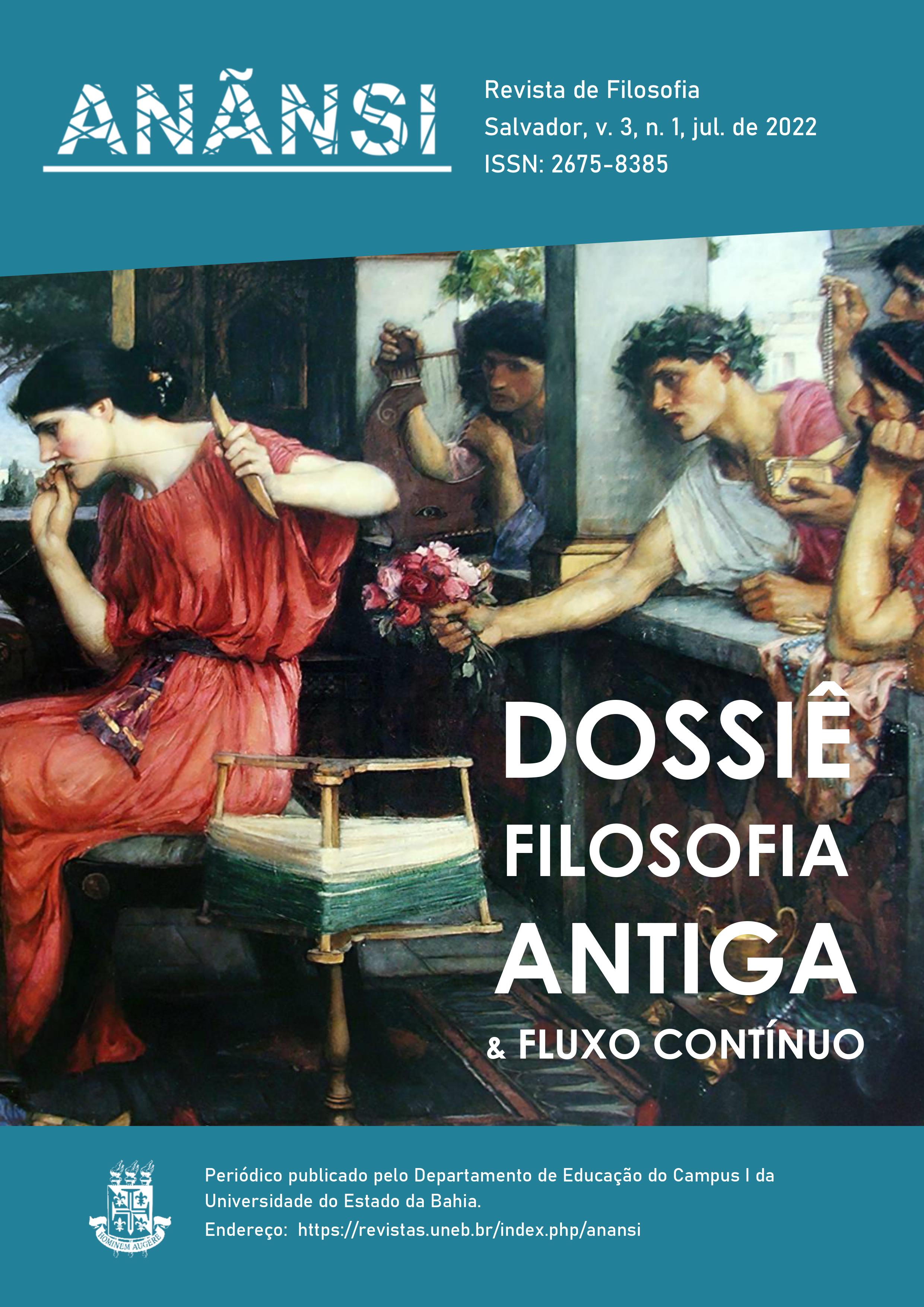Phantasmata as the materia causae of intellective knowledge
Abstract
This article aims to present the reasons that make intellectual knowledge dependent on intellectual knowledge, specifically on phantasmata. Thomas Aquinas establishes through the concept of materia causae the relationship of dependence that intellectual knowledge has in relation to activity of sensible knowledge, especially through the causal relationship between phantasmata and abstract activity of the intellectual agent. The problem arises from the causal relationship established by Thomas Aquinas in the Summa Theologiae, question 84, article 6, expressed in the concept of materia causae. Aquinas establishes as a criterion the principle that a corporeal thing cannot act on an incorporeal thing, so that phantasmata can be taken as the cause of intellectual activity. In this context, interest to our study to present the reasons that make the intellectual knowledge dependent on phantasmata.





